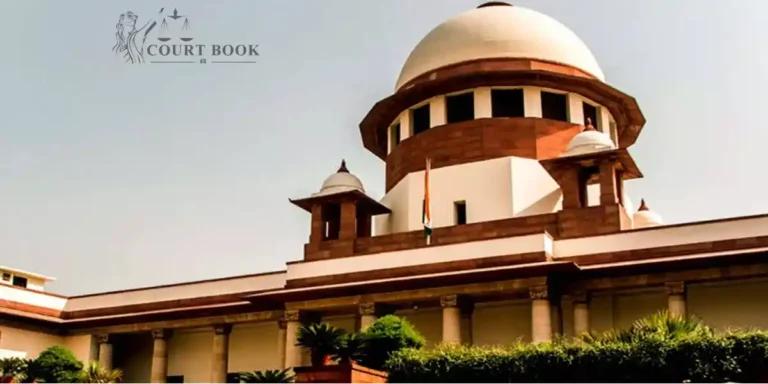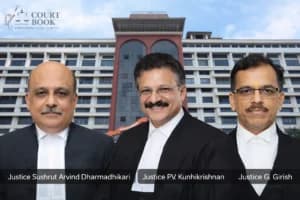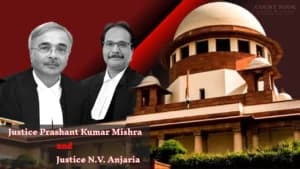In a significant ruling, the Supreme Court has revived criminal proceedings against former MLA Rajendra Singh and three others, accused of obtaining a fake Scheduled Caste certificate to contest the 2008 Madhya Pradesh Assembly elections from Guna’s reserved constituency. The apex court found that the Madhya Pradesh High Court wrongly quashed the case, observing that the allegations required a full trial.
Background
The case traces back to a complaint filed by Komal Prasad Shakya in 2014, alleging that Rajendra Singh, a member of the general category, fraudulently declared himself as belonging to the Sansi Scheduled Caste community. The complaint also named his father Amrik Singh, local councillor Kiran Jain, and Harvir Singh of the Gurudwara Management Committee, accusing them of conspiring to create and certify false documents to obtain the caste certificate.
According to the complaint, Singh used the certificate to contest the 2008 Assembly elections from Guna, a seat reserved for Scheduled Castes, and eventually won. However, in 2011, the Caste Scrutiny Committee found that his family was not residing in Madhya Pradesh before 1950-a key criterion for eligibility and cancelled the certificate. His appeals were dismissed by the Madhya Pradesh High Court and later by the Supreme Court in 2013.
Court’s Observations
A bench comprising Justice B.V. Nagarathna and Justice K.V. Viswanathan criticised the Madhya Pradesh High Court for conducting what it called a “mini-trial” at the stage of quashing. “The findings about legal illiteracy are conjectural and patently erroneous,” the bench remarked, rejecting the High Court’s view that Singh and his father might have been unaware of their caste status.
The judges noted that the allegations in the complaint clearly suggested deliberate falsification. “It cannot be said that on a reading of the complaint, no offence under Sections 420, 467, 468, and 471 IPC is made out,” the bench observed.
The Supreme Court also dismissed the defence argument that the case was a witch-hunt, emphasising that the Scrutiny Committee had already confirmed the misuse of the caste certificate. The bench added that issues of evidence must be tested during trial, not decided prematurely.
Decision
Setting aside the 2016 High Court order, the Supreme Court restored Criminal Complaint Case No.1072 of 2014 to the Chief Judicial Magistrate, Guna. “The trial shall proceed from the stage it was interrupted,” the court directed, asking the lower court to complete the proceedings within one year.
With this order, the apex court effectively revived charges under Sections 420, 467, 468, and 471(forgery-related offences), read with Section 120B (criminal conspiracy) of the Indian Penal Code. The court also made it clear that its observations would not influence the trial court’s findings.
Case Title: Komal Prasad Shakya vs Rajendra Singh & Others
Date of Judgment: 14 October 2025















